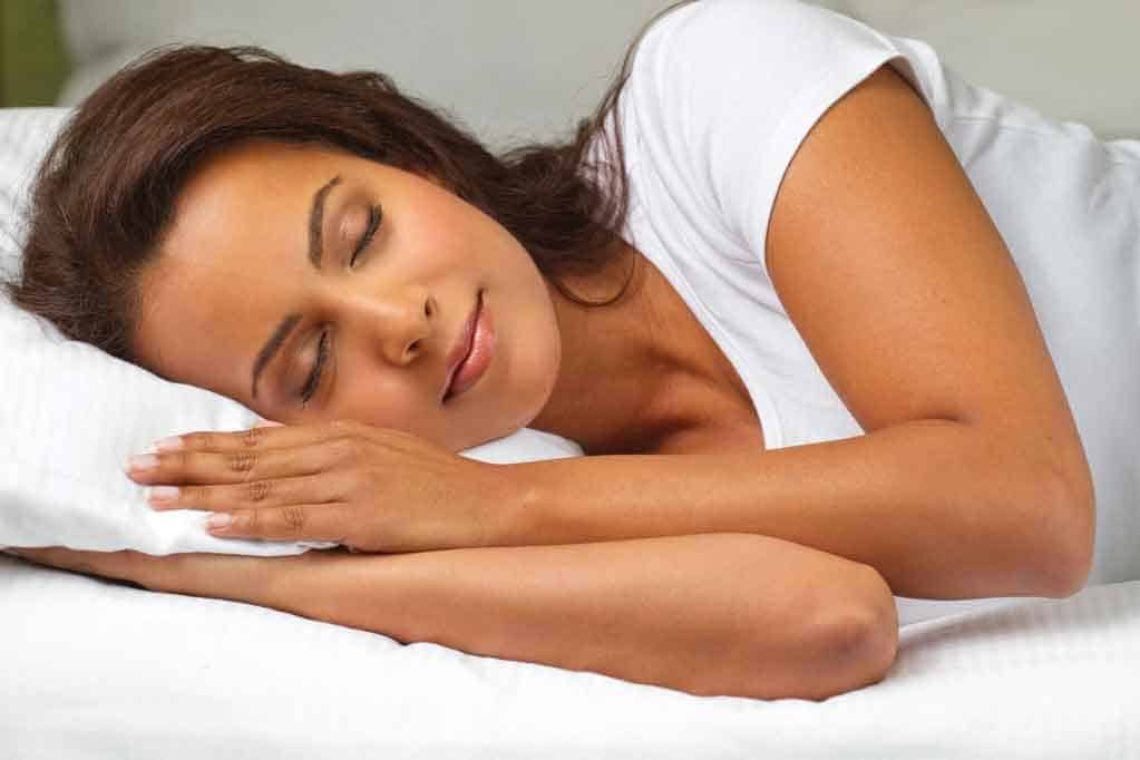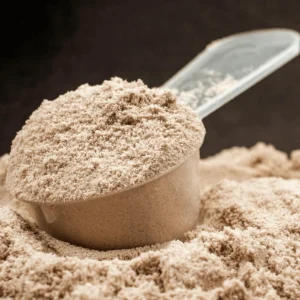What are we aiming for?
We are aiming for 7 to 9 hours sleep each night. Ideally, we would wake up feeling rested.
The consequences of poor sleep are endless
Insufficient or poor quality sleep can lead to;
- alternations in mood (irritability, greater risk for depressoin, anger, lessened ability to cope with stress),
- decreased ability to learn,
- decreased memory,
- poor insight and impaired judgement,
- increased pain especially in conditions of chronic pain e.g. arthritis, migraine, fibromyalgia,
- reduced fertility success,
- poor recovery from sport and exercise as well as greater likelihood of getting injured or sick.
It has been shown to be implicated in common conditions and diseases including heart disease, diabetes and dementia.
It will also come as no surprise that it impacts body weight too as insufficient sleep makes us hungrier, leaves us needing more food to feel full, heightens our cravings and enjoyment from less healthy food and reduces how much we move our body.
So, how do you help yourself to sleep better?
So, here are are some top tips to help improve the quality and quantity of your sleep!
1. Melatonin is the sleep hormone that our brain produces in response to darkness. Being exposed to bright lights in the evening and at night blocks melatonin production. Our lives have become artificially bright and consistently bright. So, by dimming the lights within your home in the lead up to bedtime you’ll be mirroring what is supposed to happen and allow melatonin to be produced and released. Aim for your bedroom to be lovely and dark.
2. You are probably familiar with the negative effects of having a fever on sleep. We don’t sleep as well when we’re warm. So, not only should you be aiming for our room to be as dark as a cave, ideally it would be nice and cold too. Bedrooms should be the coldest rooms in the house. Interestingly, a shower or bath before bed can help lower core temperature which leads to a better sleep.
3. Try to get outside before noon (if able), even just for a short period of time. For the same reason avoid wearing sunglasses before midday. This allows the light into your eyes, lowering melatonin. This helps to make us more alert. And, when melatonin rises due to darkness later, there will be a bigger difference from day and night time levels.
4. Avoid excess caffeine in the day (200mg or less), especially after lunch. If pregnant, you may need to reduce it further. Caffeine is a a drug and like all drugs it has what’s called a half life. The half life of caffeine is about 6 hours. It takes about 6 hours for 1/2 of the caffeine you drank to be gone from your system. 6 hours after that, 1/4 is left in your system. This goes on and on. In pregnancy, the half life can increase by 8 hours, which is one of the causes of pregnancy insomnia. For this reason, when it comes to sleep, less is more. If you’re one of those people that drinks coffee and it doens’t impact how quickly you fall asleep, please do know that research has confirmed that you’ll stay spend less time in deep sleep.
5. 2 kiwis 1 hour before bed as well as cherry juice have been shown in research to improve sleep onset, duration and efficiency! Sounds made up I know but they actually provide serotonin and melatonin naturally.
6. Don’t underestimate the importance of your day time routine. Having regular meal times, where possible, and trying to eat more wholefoods within your meals has been shown to help with sleep. Routine helps feed into our internal clock so the body knows what time of day it is.
7. Similarly, have a bed time routine. Let your body know when you are preparing for sleep with subtle cues. Often people are very precise when they tell me what time they wake up in the morning and can somewhat vague about their bedtime!
8. Avoid blue light 2 hours before bed as this reduces the production of melatonin meaning that it’s delayed being released and less is produced. In fact, consider having a bedtime for your phone/ tablet as well as one for yourself! Instead, find some calming activities in the lead up to bed. For example, reading.
9. Our phones, tablets and laptops can stimulate our mind and make it harder to shut down our thoughts. So, do consider the above mentioned technology bed time. Also, consider using white noise while you sleep. Another trick is to count backwards from 1000 by 7. e.g. 1000, 993, 986, 979, 972 etc… Or perhaps listen to an audiobook, podcast or sleep stories. The most effective ones are the type that go into lots of detail.
10. Daily exercise promotes better sleep. Try and keep your body moving, especially in the morning. Considering the benefit of morning light, consider exercising outdoors. If you exercise at night, a cold shower can help some people who feel too alert to sleep.











